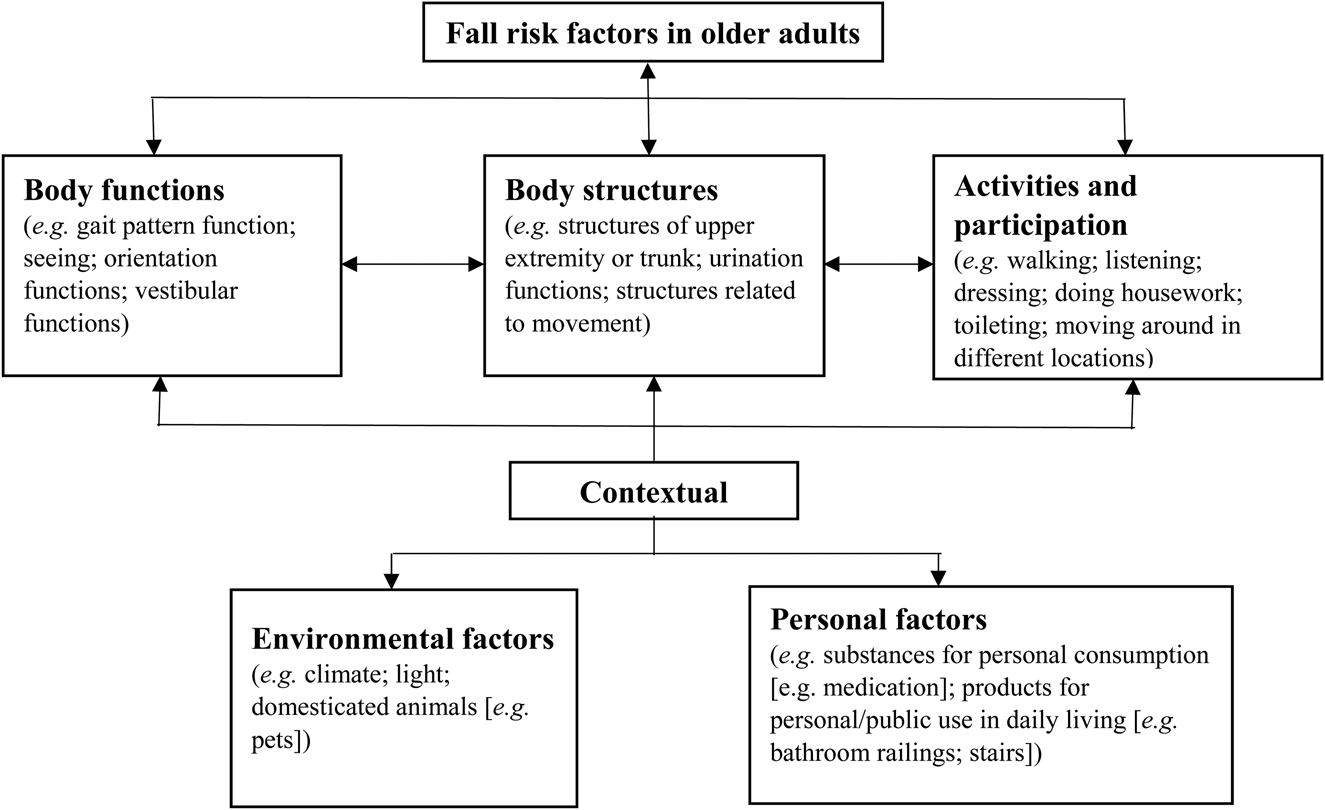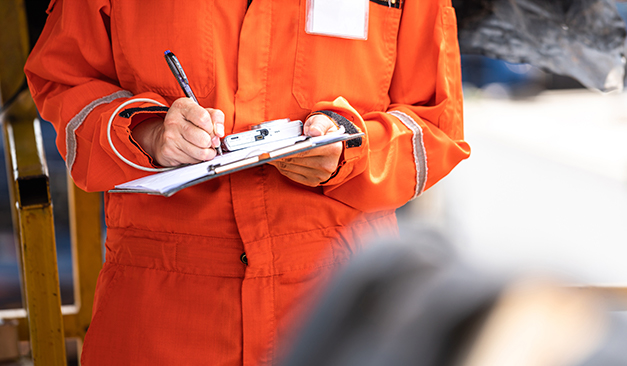The Ultimate Guide To Dementia Fall Risk
The Ultimate Guide To Dementia Fall Risk
Blog Article
How Dementia Fall Risk can Save You Time, Stress, and Money.
Table of ContentsThe Definitive Guide to Dementia Fall RiskGetting My Dementia Fall Risk To WorkNot known Incorrect Statements About Dementia Fall Risk The Main Principles Of Dementia Fall Risk Dementia Fall Risk Can Be Fun For Anyone
The FRAT has 3 sections: drop risk standing, threat element checklist, and activity strategy. An Autumn Danger Status consists of information about background of recent drops, medicines, emotional and cognitive status of the person - Dementia Fall Risk.If the individual ratings on a risk element, the matching number of points are counted to the patient's loss danger score in the box to the far. If a client's loss danger score completes 5 or higher, the person is at high risk for falls. If the patient ratings only 4 points or lower, they are still at some risk of dropping, and the registered nurse ought to use their ideal medical analysis to manage all autumn danger elements as component of an alternative care strategy.
These conventional approaches, as a whole, help create a risk-free setting that decreases unintended falls and delineates core safety nets for all individuals. Indications are vital for people in jeopardy for drops. Doctor require to acknowledge who has the problem, for they are accountable for implementing activities to promote person security and prevent drops.
What Does Dementia Fall Risk Do?
Wristbands need to include the patient's last and initial name, day of birth, and NHS number in the UK. Just red shade must be used to signal unique individual standing.
Products that are also much may need the client to get to out or ambulate needlessly and can potentially be a threat or add to drops. Aids avoid the client from heading out of bed with no assistance. Nurses react to fallers' phone call lights quicker than they do to lights initiated by non-fallers.
Aesthetic disability can greatly trigger falls. Hip pads, when put on properly, may decrease a hip fracture when autumn takes place. Keeping the beds closer to the floor reduces the threat of drops and serious injury. Putting the mattress on the floor substantially decreases autumn danger in some health care settings. Reduced beds are developed to minimize the distance a person drops after relocating out of bed.
The Main Principles Of Dementia Fall Risk
Patients who are tall and with weak leg muscular tissues that try to remain on the bed from a standing placement are likely to fall onto the bed because it's also low for them to lower themselves safely. If a tall patient efforts to get up from a reduced bed without help, the individual is likely to drop back down onto the bed top article or miss the bed and drop onto the flooring.
They're created to advertise prompt rescue, not to protect against falls from bed. Apart from bed alarm systems, raised guidance for risky clients additionally might help stop falls.

People with a shuffling stride increase autumn chances significantly. To decrease fall threat, footwear ought to be with a little to no heel, thin soles with slip-resistant walk, and sustain the ankle joints. Encourage individual to make use of nonskid socks to avoid the feet from moving upon standing. Nonetheless, hop over to here motivate clients to put on ideal, well-fitting shoesnot nonskid socks for motion.
Rumored Buzz on Dementia Fall Risk
Clients, particularly older adults, have actually decreased aesthetic capacity. Lights an unknown environment assists increase exposure if the person need to rise at night. In a study, homes with sufficient illumination report fewer drops (Ramulu et al., 2021). Improvement in lighting in the house may reduce autumn rates in older adults (Dementia Fall Risk). Making use of gait belts by all wellness care suppliers can advertise safety and security when helping patients with transfers from bed to chair.

Caretakers work for assuring a protected, protected, and safe atmosphere. Nonetheless, researches showed extremely low-certainty evidence that caretakers decrease loss risk in intense treatment hospitals and just moderate-certainty that alternatives like video clip tracking can minimize caretaker usage without raising fall risk, recommending that caretakers are not as useful as originally believed (Greely et al., 2020).
Getting My Dementia Fall Risk To Work

Raised physical conditioning next page decreases the threat for drops and limits injury that is sustained when fall transpires. Land and water-based exercise programs might be likewise useful on equilibrium and stride and therefore lower the danger for drops. Water workout may contribute a favorable advantage on balance and gait for females 65 years and older.
Chair Increase Exercise is a simple sit-to-stand exercise that aids reinforce the muscles in the upper legs and butts and enhances movement and freedom. The goal is to do Chair Rise exercises without making use of hands as the customer becomes stronger. See sources area for a detailed instruction on how to perform Chair Surge workout.
Report this page